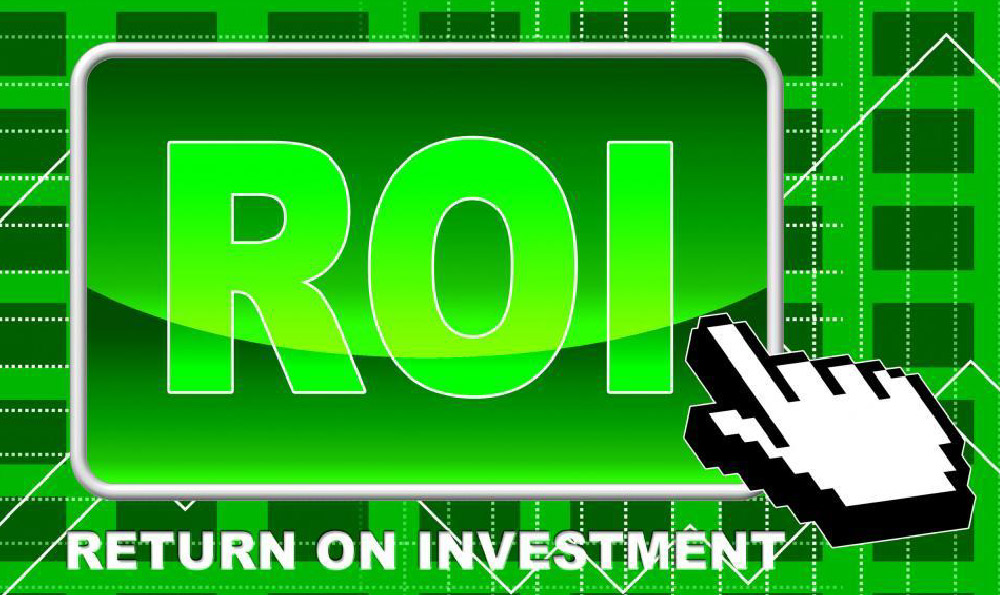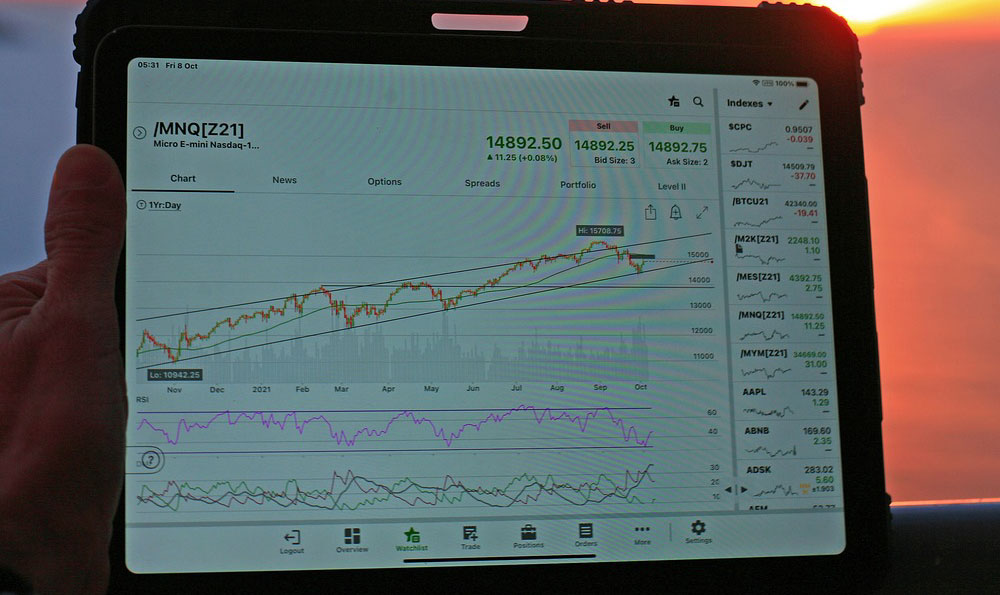Car salesman salaries vary significantly depending on multiple factors including location, dealership type, sales performance, and industry trends. The earnings of individuals in this profession range from modest to substantial, influenced by the intersection of market dynamics, commission structures, and personal skills. Understanding the nuances of this income spectrum requires delving into the global automotive landscape, where traditional brick-and-mortar dealerships and digital platforms shape career opportunities.
In regions like North America, where the automotive industry is mature, car salesman compensation often follows a commission-based model. According to recent reports, the average annual salary for a car salesperson in the United States can range between $30,000 and $45,000, though top performers in high-volume markets like Detroit or Los Angeles may surpass $60,000. This discrepancy is largely due to the competitive nature of these areas, where dealerships invest heavily in training programs and offer incentives for achieving sales targets. However, the market differs across continents: in Western Europe, for example, the average salary is slightly lower due to higher costs of living and stricter labor regulations, while in emerging markets like Southeast Asia, the income potential is influenced by rapid growth and a lack of established sales practices.
The type of dealership plays a crucial role in determining a salesperson's earnings. Luxury car brands such as Mercedes-Benz or Lexus typically pay higher base salaries and offer more generous commission structures compared to mainstream brands like Toyota or Ford. This is because high-end consumers often require more personalized service and longer sales cycles, which can increase the workload and justify higher compensation. Conversely, smaller, independent dealerships may struggle to match these figures, as they operate with tighter margins and limited resources. Additionally, the presence of franchised dealerships, which are tied to manufacturer agreements, introduces another layer of complexity, as sales commissions are often capped by industry-wide rates rather than being entirely performance-driven.

Sales performance is a key determinant of income, with commission structures serving as both a motivator and a benchmark. In North America, the average commission rate for car salespeople ranges from 1% to 3% of the vehicle's sale price, though this varies by vehicle type and dealership policy. For instance, sales of high-value vehicles such as SUVs or luxury sedans may command higher commission rates due to the longer negotiation processes and greater effort required. However, in the context of the current industry downturn, some dealerships have reduced commission rates to retain talent, creating an interesting contrast between traditional models and modern strategies. This shift highlights the need for salespeople to adapt, as proficiency in digital tools and customer retention techniques can become critical in maximizing earnings.
Industry trends, particularly the rise of electric vehicles and the digital transformation of sales processes, are reshaping salary structures in unpredictable ways. While traditional dealerships may see a decline in foot traffic, the growing demand for electric vehicles has created new opportunities for salespeople specializing in hybrid or EV sales. Some dealerships have even introduced specialized training programs to equip sales staff with knowledge about new technologies, which can increase their value to employers. At the same time, the proliferation of online car buying platforms has introduced competition for dealerships, as customers increasingly compare prices and financing options through digital channels. This trend has led to a reevaluation of sales models, with some dealerships offering higher commissions to salespeople who can bridge the gap between online and in-person shopping experiences.
Another factor influencing car salesman salaries is the level of experience and specialization. Seasoned professionals with a proven track record of high sales volume or customer satisfaction often command higher pay, a phenomenon observed even in the current economic climate. This is particularly evident in the automotive sector, where dealer managers or senior salespeople can earn significantly more due to their expertise in handling complex transactions, negotiating with suppliers, and managing inventory. Additionally, salespeople with niche skills such as bilingual communication or expertise in private sales dynamics may find themselves in a more advantageous position, as their unique capabilities often align with specific market needs.
The potential for high earnings in the automotive sales sector is evident in the income streams of top performers. In some cases, successful salespeople can earn up to 15% commission on individual sales, which can translate to annual incomes exceeding $100,000 in high-volume marketplaces. This level of performance is not only a reflection of personal competence but also of the broader industry's profitability. However, it is important to recognize that such income is not typical, as the automotive industry faces challenges including supply chain disruptions, regulatory changes, and shifting consumer priorities.
Looking ahead, the future of car salesman salaries is likely to be shaped by the continued evolution of the automotive industry. As electric vehicles and autonomous driving technologies gain traction, salespeople may need to develop new skills to remain competitive in the marketplace. At the same time, the shift towards digital sales platforms may lead to a redefinition of traditional roles, with some dealership models incorporating AI-driven tools to enhance customer engagement. These changes suggest that the income potential for car salespeople will continue to fluctuate, driven by technological advancements, market demands, and the ongoing transformation of the global automotive sector.












